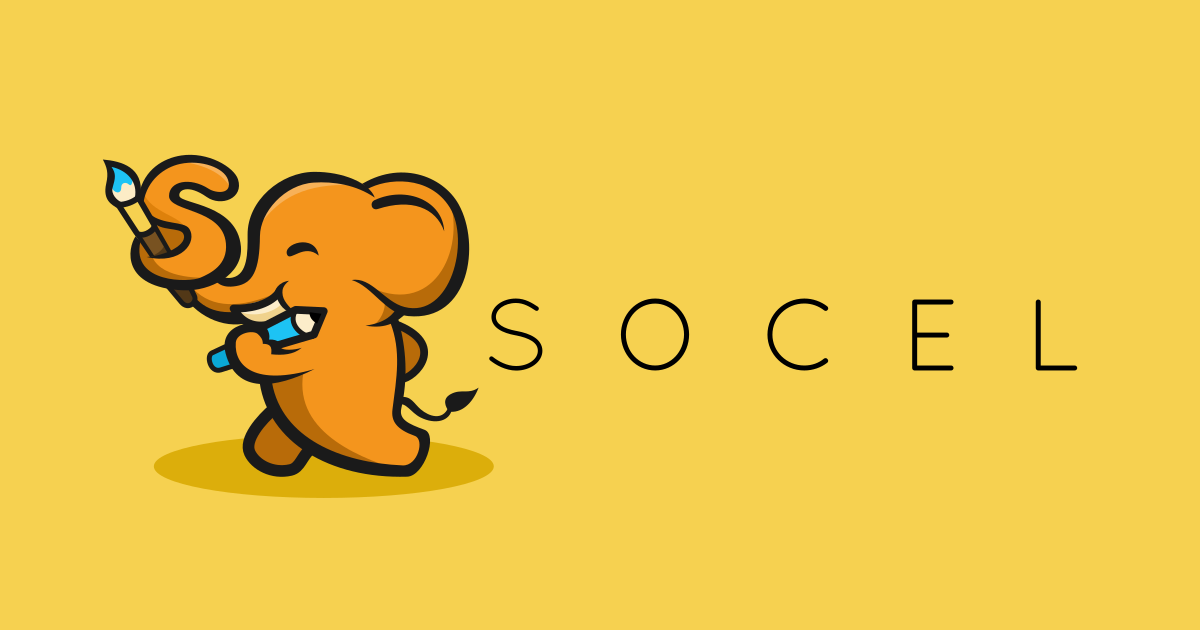beSpacific<p>Our <a href="https://newsie.social/tags/politics" class="mention hashtag" rel="nofollow noopener noreferrer" target="_blank">#<span>politics</span></a> tend be more emotional now. <a href="https://newsie.social/tags/Policy" class="mention hashtag" rel="nofollow noopener noreferrer" target="_blank">#<span>Policy</span></a> preferences R increasingly likely to b entangled w a <a href="https://newsie.social/tags/visceral" class="mention hashtag" rel="nofollow noopener noreferrer" target="_blank">#<span>visceral</span></a> <a href="https://newsie.social/tags/dislike" class="mention hashtag" rel="nofollow noopener noreferrer" target="_blank">#<span>dislike</span></a> of the <a href="https://newsie.social/tags/opposition" class="mention hashtag" rel="nofollow noopener noreferrer" target="_blank">#<span>opposition</span></a>. The newly embraced <a href="https://newsie.social/tags/academic" class="mention hashtag" rel="nofollow noopener noreferrer" target="_blank">#<span>academic</span></a> term for this is “affective polarization.” “It’s feelings based,” said Lilliana Mason, a political scientist at JHU, author of “Uncivil Agreement: How Politics Became Our Identity.” “It’s# polarization that’s based on our feelings for each other, not based on extremely divergent policy preferences.” <a href="https://www.washingtonpost.com/science/2024/01/20/polarization-science-evolution-psychology/" rel="nofollow noopener noreferrer" translate="no" target="_blank"><span class="invisible">https://www.</span><span class="ellipsis">washingtonpost.com/science/202</span><span class="invisible">4/01/20/polarization-science-evolution-psychology/</span></a></p>
Recent searches
No recent searches
Search options
Not available on socel.net.
socel.net is one of the many independent Mastodon servers you can use to participate in the fediverse.

Socel is a place for animation professionals, freelancers, independents, students, and fans to connect and grow together. Everyone in related fields are also welcome.
Administered by:
Server stats:
328active users
socel.net: About · Profiles directory · Privacy policy
Mastodon: About · Get the app · Keyboard shortcuts · View source code · v4.3.8
#visceral
0 posts · 0 participants · 0 posts today
The Spaceshipper 🚀<p>Dead Space was released 15 years ago today. It was the beginning of the end for the USG Ishimura.<br />If you've never played this survival horror game, the remake released earlier this year is highly recommended! <br />Art by Ryan Church.<br /><a href="https://socel.net/tags/scifi" class="mention hashtag" rel="tag">#<span>scifi</span></a> <a href="https://socel.net/tags/horror" class="mention hashtag" rel="tag">#<span>horror</span></a> <a href="https://socel.net/tags/game" class="mention hashtag" rel="tag">#<span>game</span></a> <a href="https://socel.net/tags/deadspace" class="mention hashtag" rel="tag">#<span>deadspace</span></a> <a href="https://socel.net/tags/visceral" class="mention hashtag" rel="tag">#<span>visceral</span></a> <a href="https://socel.net/tags/conceptart" class="mention hashtag" rel="tag">#<span>conceptart</span></a> <a href="https://socel.net/tags/ishimura" class="mention hashtag" rel="tag">#<span>ishimura</span></a> <a href="https://socel.net/tags/ryanchurch" class="mention hashtag" rel="tag">#<span>ryanchurch</span></a> <a href="https://socel.net/tags/spaceship" class="mention hashtag" rel="tag">#<span>spaceship</span></a></p>
ExploreLive feeds
Mastodon is the best way to keep up with what's happening.
Follow anyone across the fediverse and see it all in chronological order. No algorithms, ads, or clickbait in sight.
Create accountLoginDrag & drop to upload
